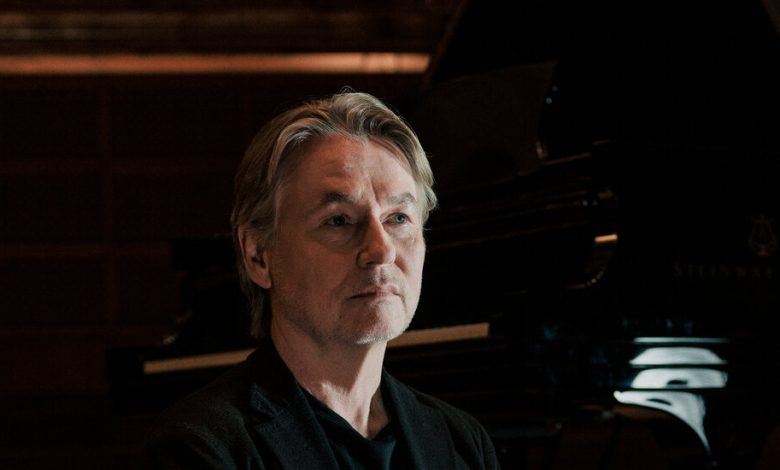Discord at the Symphony: Losing a Star, San Francisco Weighs Its Future

For a night at the symphony, there was a lot of tension in the air.
As concertgoers filed in to Davies Symphony Hall earlier this month, they were greeted by players from the San Francisco Symphony passing out bright yellow fliers accusing management of having “no clear artistic vision.” Then, shortly before the performance began, a shout echoed from one of the balconies, exhorting people to “Act!”
It was the conductor Esa-Pekka Salonen’s first concert in the hall since March, when he stunned the classical music world by announcing that he would step down as the orchestra’s music director amid a dispute with management over budget cuts. The evening’s program was just the sort of thing he had promised when he was hired with a mandate to rethink the concert experience: Ravel’s charming “Mother Goose” brought to life by dancers from Alonzo King’s LINES Ballet, and then Schoenberg’s nightmarish “Erwartung” staged by the director Peter Sellars.
His decision to leave once his contract is up next year has upset fans — “Who he is and what he brings can’t be replicated,” Mark Malaspina, an audience member, lamented as he entered the hall — and left some concerned about the future of the 113-year-old San Francisco Symphony.
“An orchestra that was in very good shape is now in crisis,” said Peter Pastreich, a longtime arts administrator who managed the San Francisco Symphony from 1978 to 1999. “It is heartbreaking to watch.”
Salonen’s unexpectedly short tenure in San Francisco is in some ways a very local story, but it also says something about the challenges facing classical music in 21st century America. Even before the pandemic, many orchestras around the country were struggling. Audiences were aging and shrinking. Costs were rising. Old business models were withering. And philanthropy, which has replaced ticket sales as the main source of income for most orchestras, was becoming increasingly hard to come by.
When San Francisco landed Salonen, it was hailed as a coup.
The orchestra enjoyed a reputation for musicianship and innovation and had a relatively large endowment. But it also had been running deficits, losing subscribers and seeing its donor base diminish. Salonen — a pathbreaking, charismatic conductor and composer from Finland who had previously led the Los Angeles Philharmonic — was seen as someone who could capture the imaginations of new audiences.